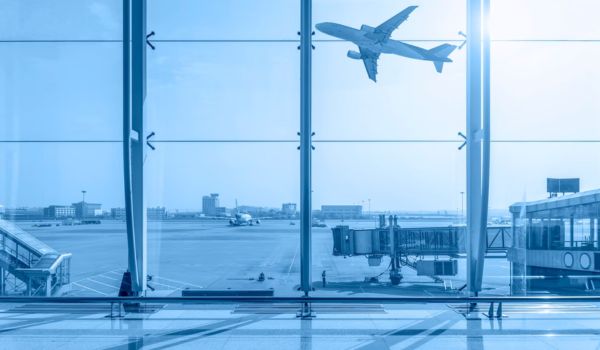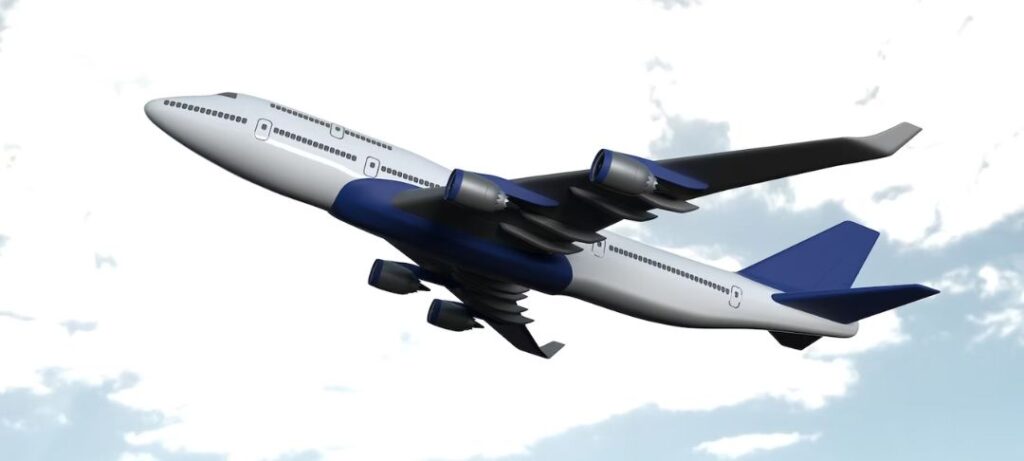Have you ever arrived at the airport, excited for your upcoming trip, only to be told that your flight is overbooked? It’s a frustrating experience that no one wants to go through, but unfortunately, it happens more often than we’d like. Airlines have a policy of overbooking flights to ensure that their planes are full, but what happens when too many passengers show up for the available seats? That’s when airlines must make the difficult decision of who to bump from the flight. In this blog post, we’ll take a closer look at how airlines decide who to bump, the impact of overbooking on passengers, and what protections are in place for special cases, such as passengers with disabilities and unaccompanied minors.
Overbooking and Its Impact on Passengers
Overbooking is a common practice in the airline industry. Airlines overbook flights to account for passengers who don’t show up or cancel their reservations. By overbooking, airlines can ensure that their planes are full, which helps them maximize profits. However, when too many passengers show up for the available seats, airlines must bump some passengers from the flight. This can have a significant impact on passengers, particularly those who have important events or appointments to attend.
Passengers who are bumped from their flight may experience a range of inconveniences, such as having to wait for the next available flight or missing important events. In some cases, passengers may even need to find alternative transportation or accommodations. Bumping can also cause a great deal of stress and frustration for passengers, who may feel that they’ve been treated unfairly.
The impact of overbooking on passengers isn’t just limited to those who are bumped from their flights. Passengers who are not bumped may still experience delays and other inconveniences due to overbooking. For example, overbooking can lead to long lines and delays at check-in and boarding, as well as a lack of available overhead bin space. Passengers may also feel that they’re being crammed into a small space, as airlines often try to fit as many passengers onto a flight as possible.
Criteria for Bumping Passengers
When airlines are faced with the difficult decision of who to bump from a flight, they typically use a set of criteria to determine which passengers will be asked to give up their seats. These criteria may vary depending on the airline, but they generally include factors such as fare class, loyalty program status, and check-in time.
Passengers who have paid the lowest fare for their tickets are often the first to be bumped, as they are seen as having the least invested in their travel plans. Passengers who have higher fare classes or who are members of the airline’s loyalty program may be given priority and are less likely to be bumped. Similarly, passengers who have checked in early may be less likely to be bumped than those who have checked in later.
In some cases, airlines may also consider other factors, such as the purpose of the passenger’s trip. For example, if a passenger is traveling for a medical emergency or a funeral, they may be given priority over other passengers.
It’s important to note that airlines are required to follow certain regulations when it comes to bumping passengers. For example, airlines must ask for volunteers before involuntarily bumping passengers. They must also provide compensation to passengers who are involuntarily bumped from their flights.
Special Cases: Passengers with Disabilities and Unaccompanied Minors

Passengers with disabilities and unaccompanied minors are a special case when it comes to bumping policies. Airlines are required to provide accommodations for these passengers and must take extra care to ensure their safety and well-being.
In the case of passengers with disabilities, airlines must ensure that these passengers are provided with appropriate seating and accommodations. They must also ensure that any necessary medical equipment is properly stowed and that the passenger is able to access it during the flight. When it comes to bumping, airlines must consider the needs of passengers with disabilities and may be required to provide alternative transportation or accommodations if they are bumped from their flight.
Unaccompanied minors are also a special case when it comes to bumping policies. Airlines are required to provide supervision and assistance to unaccompanied minors throughout their journey, including during any layovers or connections. When it comes to bumping, airlines must consider the safety and well-being of unaccompanied minors and may be required to provide alternative transportation or accommodations if they are bumped from their flight.
In both cases, airlines must ensure that they are in compliance with all applicable regulations and that they are providing the necessary accommodations and assistance to these vulnerable populations.
Compensation for Bumped Passengers
When passengers are bumped from their flights due to overbooking, airlines are required to provide them with compensation. The amount of compensation varies depending on a number of factors, including the length of the delay, the distance of the flight, and the price of the ticket. In the United States, the Department of Transportation (DOT) requires airlines to provide passengers with compensation of up to $1,350 for involuntary denied boarding, depending on the length of the delay. In addition to compensation, airlines are required to provide passengers with a written explanation of their rights and the criteria used for bumping.
Passengers who are bumped from their flights due to overbooking may also be eligible for additional compensation for any expenses they incur as a result of the delay, such as food, lodging, and transportation. It’s important for passengers to keep any receipts or documentation of these expenses in order to make a claim for reimbursement.
Airline Responsibilities in Bumping Situations
When airlines overbook flights and bump passengers as a result, they have a number of responsibilities to those affected. In addition to providing compensation and a written explanation of passengers’ rights, airlines must make every effort to rebook bumped passengers on the next available flight to their destination. If there are no available flights, the airline must provide passengers with alternative transportation, such as a bus or rental car.
Airlines must also provide passengers with food, lodging, and other accommodations if they are delayed overnight as a result of being bumped. This can include providing a hotel room, transportation to and from the hotel, and meal vouchers.
In addition to these immediate responsibilities, airlines must also follow up with passengers after the fact to ensure that their complaints and concerns have been addressed. This includes providing a way for passengers to file a complaint, and responding to those complaints in a timely and appropriate manner.
Alternative Solutions to Bumping Passengers
While overbooking is a common practice among airlines, it’s not the only solution to ensuring that flights are fully booked. There are a number of alternative solutions that airlines can explore in order to reduce the likelihood of bumping passengers.
One solution is to simply book fewer passengers on each flight. While this may mean that some flights are not completely full, it can also reduce the likelihood of overbooking and the need to bump passengers.
Another solution is to offer passengers incentives to voluntarily give up their seats. This can include offering free travel vouchers, upgrades to first class, or other perks. By offering incentives, airlines can often persuade passengers to give up their seats without the need for involuntary bumping.
Airlines can also implement more sophisticated algorithms and predictive models to better estimate the number of no-shows and reduce the need for overbooking. By using data to more accurately predict passenger behavior, airlines can reduce the likelihood of bumping passengers and ensure that flights are fully booked without the need for overbooking.
Conclusion
In conclusion, the practice of overbooking flights can have a significant impact on passengers, particularly those who are bumped from their flights. Airlines use a set of criteria to determine which passengers will be asked to give up their seats, but they are also required to follow certain regulations when it comes to bumping passengers. Passengers with disabilities and unaccompanied minors are a special case when it comes to bumping policies, and airlines must ensure that they are providing the necessary accommodations and assistance to these vulnerable populations. While the practice of overbooking may be necessary for airlines to maximize profits, it’s important for passengers to be aware of their rights and protections in the event that they are bumped from their flights.
